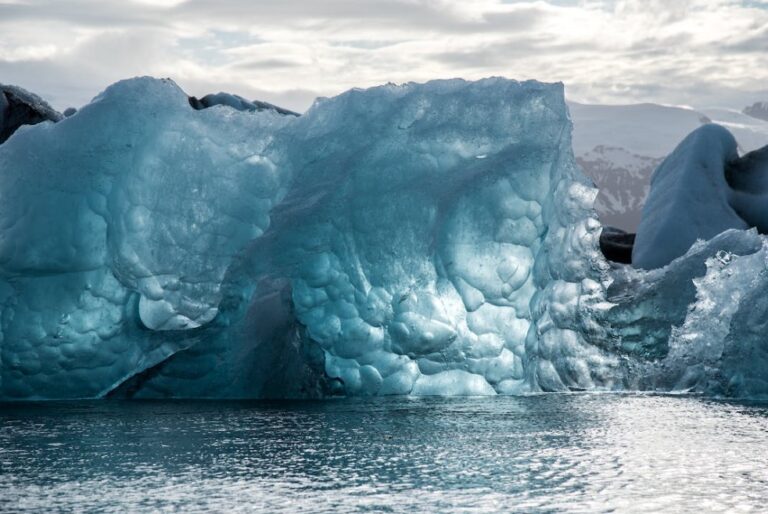The Unep report is a clear warning that the world is heading in the wrong direction with regard to climate change. Unless drastic measures are taken to reduce greenhouse gas emissions, the planet will warm by 2.5 to 2.9 degrees by 2100.
These levels of warming would have catastrophic consequences for the planet and humanity. Higher temperatures would cause sea level rise, intensification of extreme weather events, loss of biodiversity and worsening poverty.
Table of Contents
Guterres: emissions gap is a canyon, need to change course
The U.N. secretary-general sounded an alarm on the state of the climate, based on the Nov. 20 report on the emissions gap. The document shows that if no action is taken, emissions in 2030 will be 22 billion tons higher than the 1.5-degree limit allows.
This amount is equivalent to adding up the current annual emissions of the U.S., China and the EU. “The report shows that the emissions gap looks more like a canyon,” said Guterres. “Greenhouse gas emissions have reached unprecedented levels, up 1.2 percent from last year”.
Paris Agreement: 28 percent not enough, 40 percent needed
The Paris Agreement, ratified in 2015, calls for limiting global warming to 2 degrees Celsius above pre-industrial levels. To achieve this goal, greenhouse gas emissions must be reduced by 28 percent by 2030.
The recent UNEP report revealed that in order to limit warming to 1.5 degrees Celsius, a more massive 40% reduction in emissions is needed. This goal takes on an even greater urgency considering the recent temperature spikes affecting our planet.
To achieve a 40 percent reduction in emissions by 2030, mitigation efforts must be significantly strengthened in this decade. This means investing in renewable energy, improving energy efficiency and reducing our dependence on fossil fuels.
Progress since the Paris Agreement, but not enough
Since the 2015 Paris Agreement, substantial progress has been made. Initially, according to policies at the time, UNEP projected a 16 percent increase in emissions by 2030. However, recent developments indicate a significant improvement, with the expected increase now reduced to 3 percent.
Anne Olhoff, expressing cautious optimism, said that progress has been seen. But she also stressed the importance of acting now to limit global warming to 1.5 degrees.
Over the past few years, significant opportunities to reduce emissions have been missed, with some nations adopting green solutions in response to events such as the war in Ukraine and the energy crisis. While others have exploited such situations to promote new oil and gas exploration or to extend the life of coal mines.
Climate challenges: the gap between targets and reality
If current mitigation efforts continue without significant change, global warming could reach 3°C above pre-industrial levels. Full implementation of efforts envisioned in national climate plans or Nationally Determined Contributions (NDCs) puts the world on track to reach 2.9 degrees Celsius.
An alarming fact emerges. None of the 20 largest global economies are reducing emissions in line with their zero emissions targets. Even in the most optimistic scenario, UNEP says the probability of limiting warming to 1.5°C is only 14 percent.
The report describes the emissions gap as “more like an emissions canyon,” also emphasized by Guterres. Anne Olhoff emphasizes the need for stronger action to reduce emissions by the end of the decade, warning that without such efforts, the 1.5-degree target could slip away.
Despite the lack of a peak in emissions and a current stagnation in climate policies, there are ample opportunities for many countries to drastically reduce emissions and end fossil fuel subsidies.
Read also: Global warming: two thirds of glaciers will disappear by 2100












